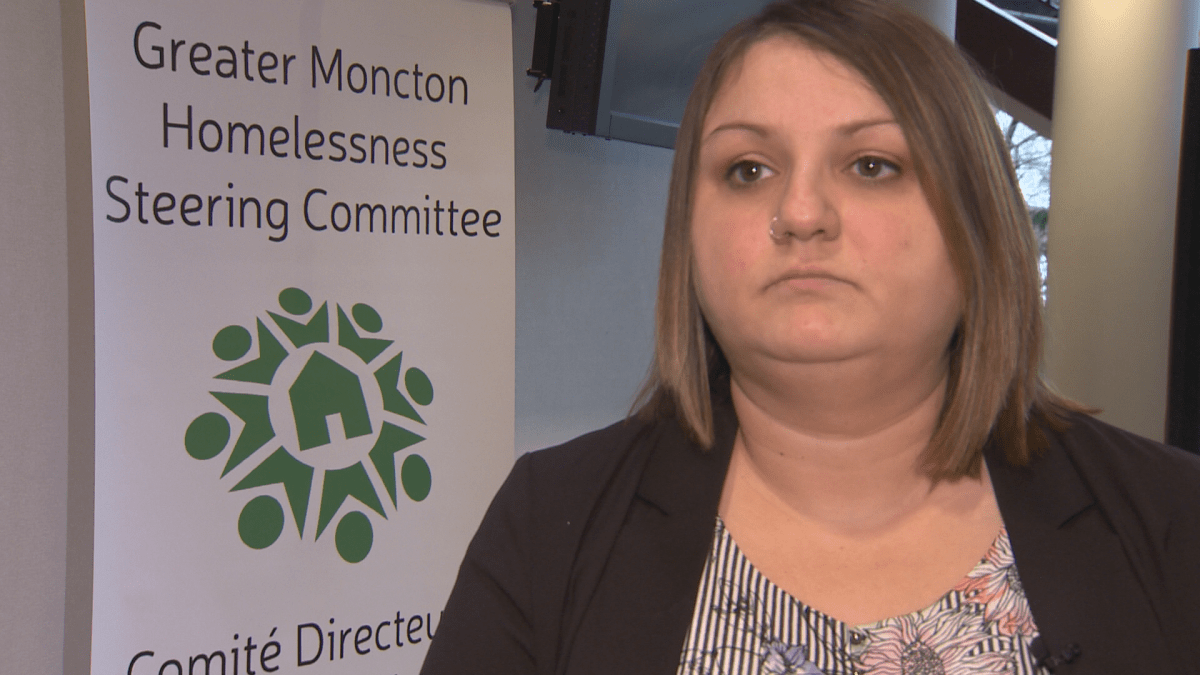Approximately 28,000 people are in need of affordable housing in the province, according to the New Brunswick Non-Profit Housing Association (NBNPHA).

According to George Cormier, the association’s executive director, the term “affordable housing” means people wouldn’t be paying more than 30 per cent of their income for housing.
Now there are calls for legislative changes to help those people.
Lisa Ryan of the Greater Moncton Homelessness Steering Committee (GMHSC) says it needs to be easier for non-profits to fund and purchase housing.
“We need to also start considering that when we are looking at new developments and new policies around developments, it needs to include percentages to affordable housing,” she says.
Montreal’s mayor announced plans in June that would require new real estate developments bigger than five units to include a percentage of social, affordable and family housing units. If they didn’t, the developer would be forced to make a financial contribution to the city.
READ MORE: Montreal unveils new housing plan to help low-income earners

Get daily National news
Monctonians are no strangers to seeing the odd crane plumped in the downtown with development numbers climbing, but most of what goes up are apartments or hotels without affordable units.
As for similar legislation in New Brunswick, Moncton’s hands are tied with provincial legislation preventing them from considering the same type of by-law.
“We have no authority to do that,” says Ward 2 Coun. Blair Lawrence. “Is it something that should be discussed? Absolutely.”
The NBNPHA says legislation should be changed at the provincial level to allow municipalities to have that option.
“We’re always going to advocate for those types of changes to happen to make sure that affordable housing units can go up and that there’s more available,” Cormier says.
Lawrence says in order to see the change through, there would need to be a discussion with many groups, including non-profits and developers.
He suggests double taxation could be another incentive for developers to include affordable units.
But Ryan says the concern continues to grow, and it doesn’t just impact homeless people, it’s also is a roadblock for people with low incomes.
“The average market rent for a one-bedroom apartment right now in the City of Moncton is $810 a month.”
Ryan says housing-first initiatives and peer-supported housing are both methods that have seen success to help some of society’s most vulnerable get back on their feet.
Moncton is waiting for money to come through from the province before implementing its affordable housing plan.
The GMHSC three-year strategic plans focuses on three components: services, spaces and systems.
They’ll look at how people who are not in shelters receive services and how they’re identified, the decline in affordable housing and rooming houses, and reviewing social or government policy to help protect the community.










Comments